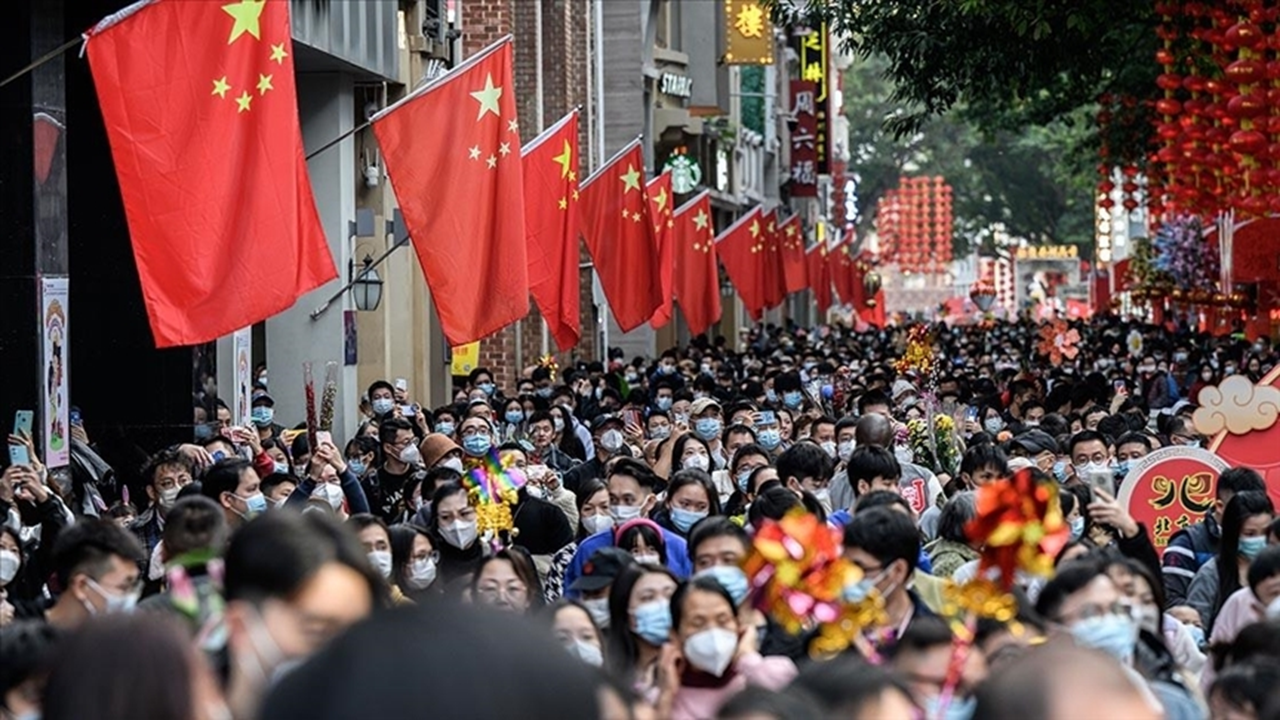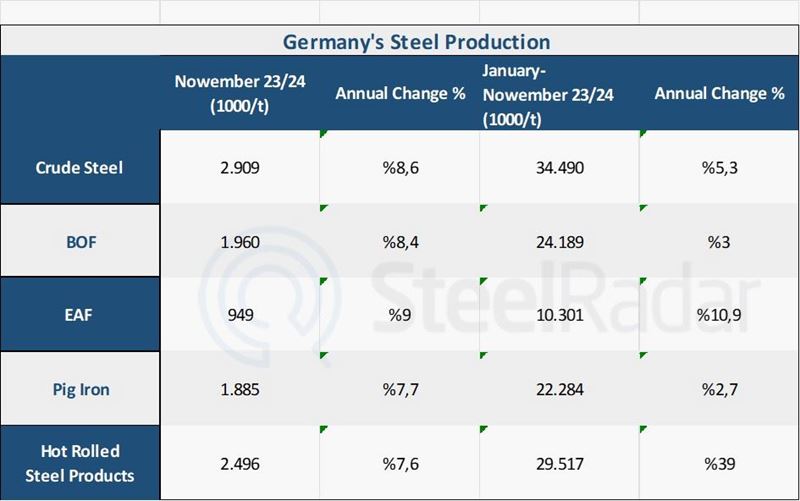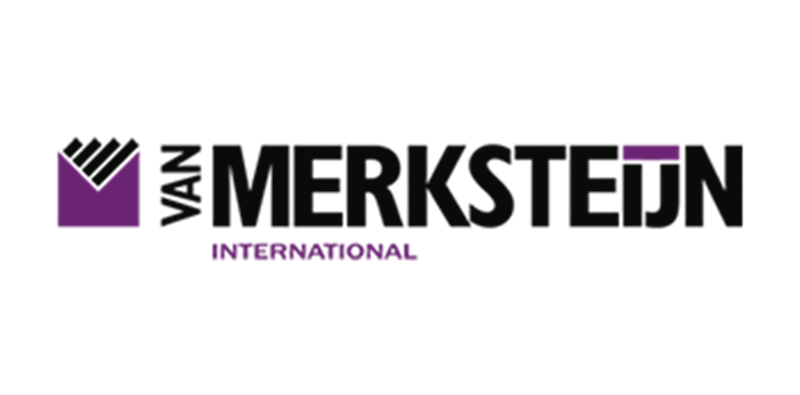China's National Bureau of Statistics (NBS) announced September 2024 data on price increases in the country.
Accordingly, the Consumer Price Index (CPI) increased by 0.4% compared to the same period last year, while the Producer Price Index (PPI) decreased by 2.8%.
In September, the deflation trend continued to be felt with the stagnation in consumer prices and the ongoing decline in producer prices.
Consumer prices have been close to zero for 18 months
The CPI, which is considered the main indicator of inflation, has been below 1% since February 2023.
CPI decreased by 0.8% in January this year, recording the fastest annual decrease since September 2009.
The index, which increased by 0.7% in February for the first time in 6 months with the effect of increased spending during the Spring Festival holiday period when the Lunar New Year was celebrated, increased by 0.1% in March, 0.3% in April, 0.3% in May, 0.2% in June, 0.5% in July and 0.6% in August.
Analysts point out that the stagnation in CPI causes deflation concerns to continue.
Producer prices have been falling for 24 months
The decreased in producer prices since October 2022 continued in September. PPI, which is calculated from the ex-factory prices of manufacturing products, decreased by 2.8%.
The decrease in PPI recorded in the last quarter of 2022 continued throughout 2023.
Producer prices decreased by 2.5% on an annual basis in January, 2.7% in February, 2.8% in March, 2.5% in April, 1.4% in May, 0.8% in June, 0.8% in July and 1.8% in August.
Weak domestic demand, debt risks of local governments and the decline in the real estate sector continue to negatively affect the growth of China, the world's second largest economy.
At a time when inflation is high in the world, especially in developed economies after the Covid-19 outbreak, it is seen that the reverse trend is taking root in China.
Expectations of economic revival
In recent weeks, the Beijing government has taken some steps to stimulate the economy in line with market expectations. On September 24, the People's Bank of China (PBoC) announced policy steps ranging from a cut in the reverse repo rate to a reduction in reserve requirement ratios and a reduction in mortgage loan rates and minimum collateral payments.
Equity markets rallied sharply after the bank's announcement.
However, the investment plans of the main planning body, the National Development and Reform Commission, failed to meet expectations, leading to a resale in the markets.
Analysts predict that the downward trend in the markets will continue as the promises in the budget regulations announced by the Ministry of Finance yesterday remained below expectations.











Comments
No comment yet.